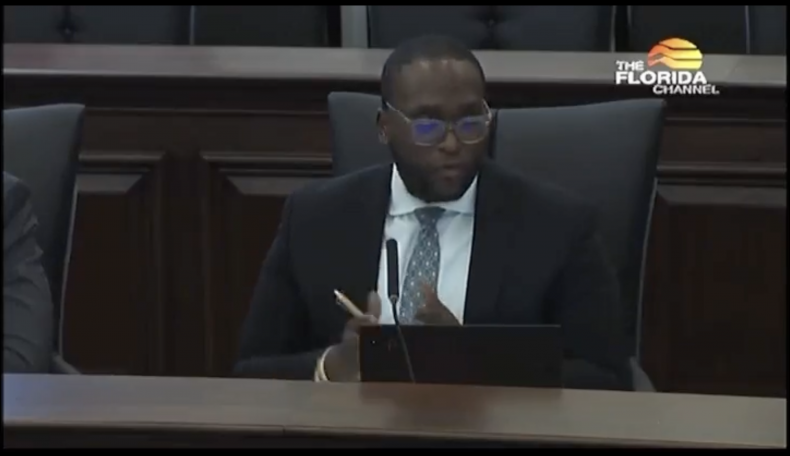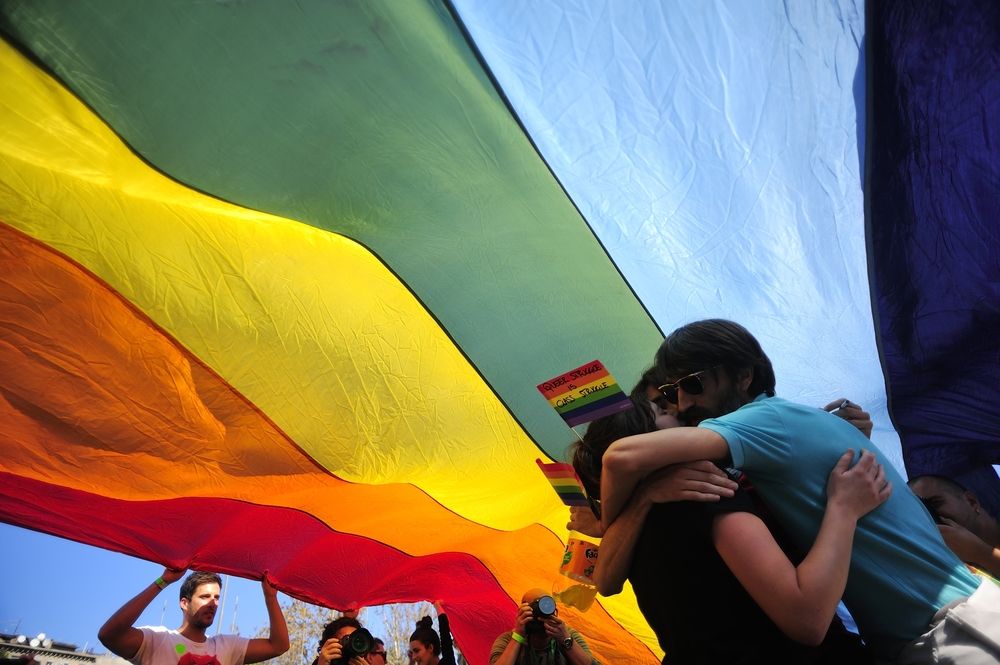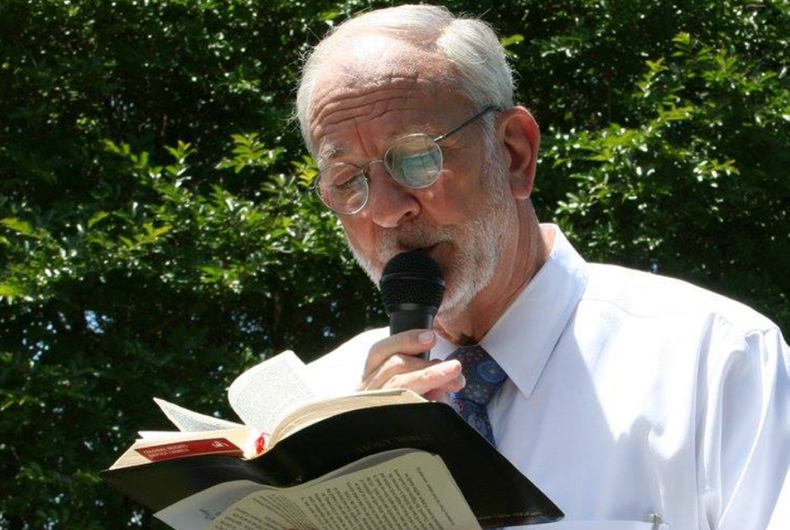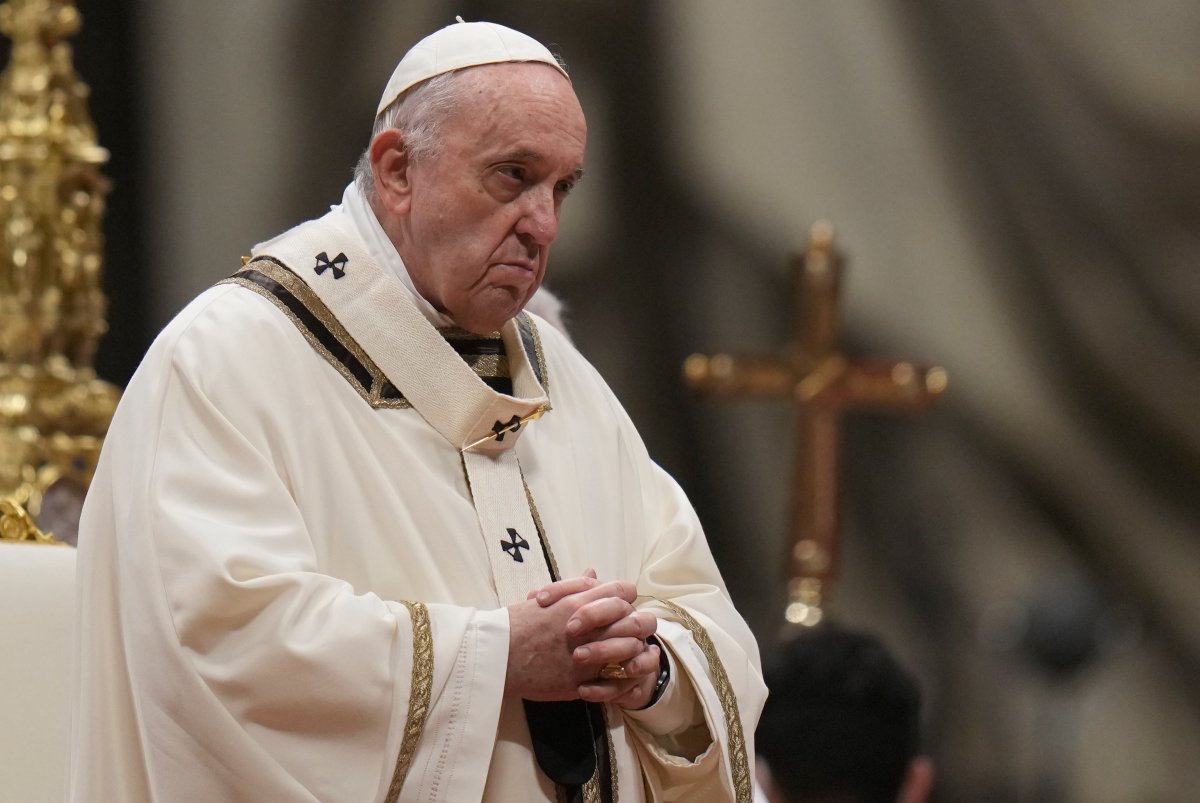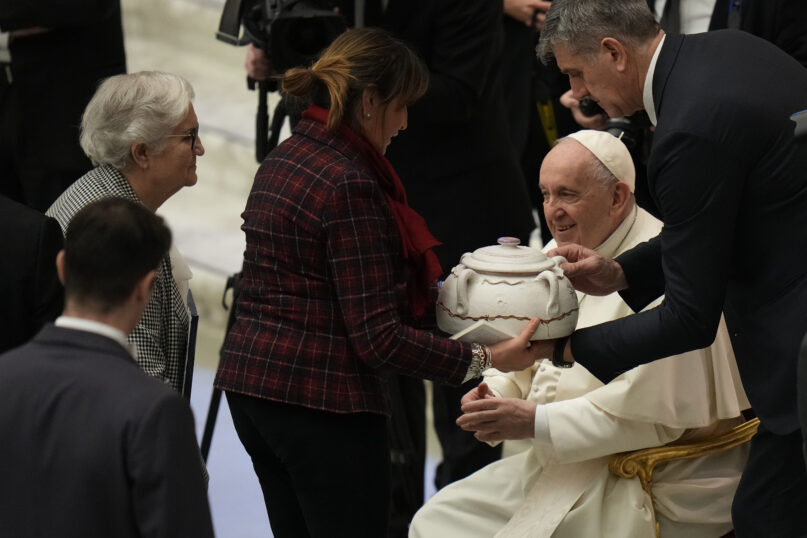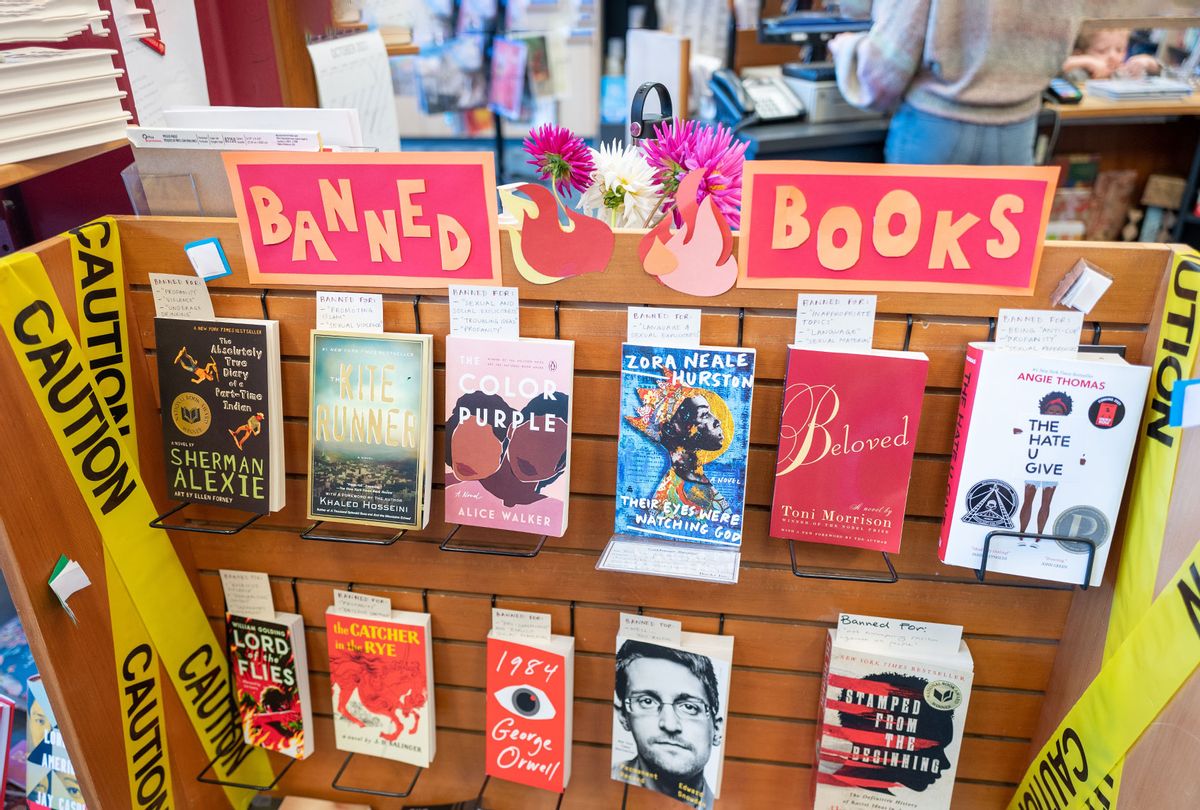THEY EMPTIED THEIR GUNS INTO HIM
Cops Kill People: Firing Squad Of 9 Nashville Cops Shoot Landon Eastep 30 Times, Widow Calls His Death An ‘Execution’
If they’ll shoot a White man 30 times in broad daylight, what are they doing to Black people in Tennessee when no one is looking?
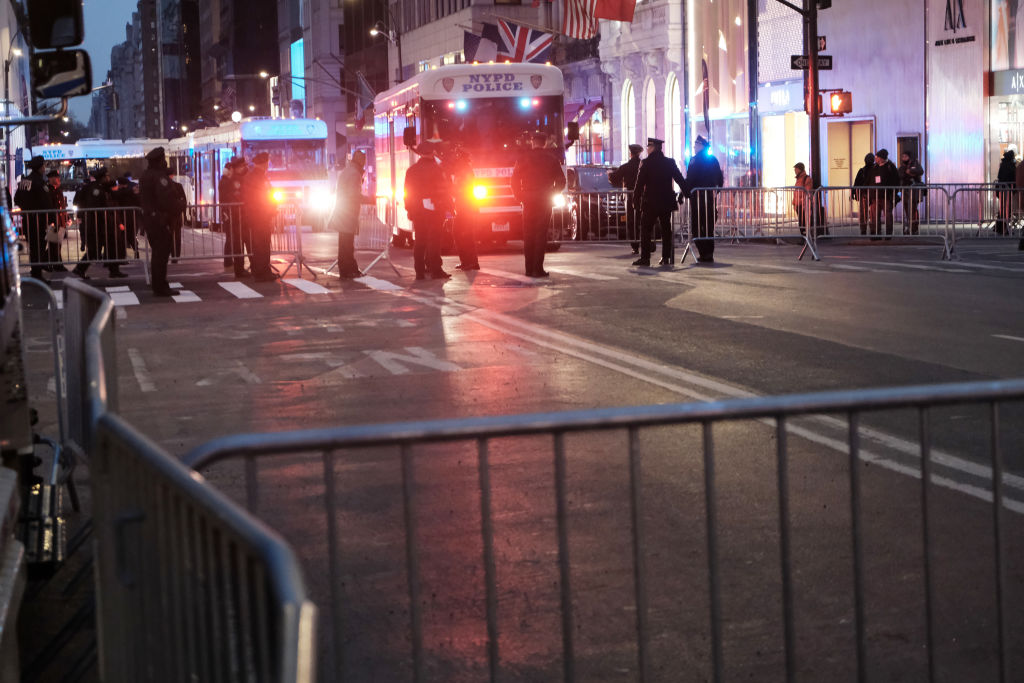
Source: Spencer Platt / Getty
The Tennessean reports that nine law enforcement officers shot and killed Landon Eastep on a Tennessee highway on Thursday. In a statement released through attorney Joy Kimbrough, the victim’s widow Chelesy Eastep stated that his death was an “execution.” She said her “very loving” husband liked to go on long walks to clear his head and although he struggled with mental health problems for years, he was harmless.
“I want people to remember that Landon didn’t deserve this. Landon wasn’t a bad guy. He was crying out for help, and his cries went completely unanswered. We know, you know, everybody with eyes knows,” Kimbrough said at a press conference on Friday. “He was not bothering anyone. He was not obstructing or impeding traffic.”
Highway Patrol officers reported that they found Eastep on foot on highway I-65 and pulled out their weapons because he allegedly had a box-cutter. Even with the blade, it sounds like he was only a serious threat to himself and maybe some tires on that highway. Instead of subduing Eastep and getting him the mental health care he clearly needed, they shot him an estimated 30 times.
Nine members of law enforcement including Metro Nashville Police Department officers, Tennessee Highway Patrol troopers and an off-duty Mt. Juliet officer opened fire on Eastep.
On Friday, Nashville Police Chief John Drake announced that he ordered the department to strip Officer Brian Murphy of police authority while the shooting is reviewed by the Tennessee Bureau of Investigation, or TBI. Murphy is a 25-year veteran of the force who fired the final two shots at Eastep from a rifle. The remaining five Metro Nashville officers who opened fire are on administrative leave.
Drake also ordered the department’s training academy to “reconsider their current law enforcement response. thoroughly examine how our officers positioned themselves in this multi-agency response and as well review the tactics and procedures used in relation to those that we teach.”
District Attorney Glenn Funk said he reviewed footage of the shooting and will follow the case closely. He plans to take “any appropriate action” once the independent investigation wraps up and then release the full report from TBI.
“As the district attorney, I ended the practice of allowing MNPD to conduct their own investigations of officer-involved shootings. I immediately brought in the TBI and authorized them to conduct a full and impartial investigation of the entire incident,” he said.
The Nashville chapter of the NAACP showed their support for the Eastep family at the press conference, reminding everyone that they are not only fighting for Black people to get justice. Real justice would be having professionals to call for mental health emergencies who show up with de-escalation training instead of bullets.
“If you are here to protect and serve, that means that you go above and beyond to make sure that those people first are protected. When you are protecting first and you see someone who is actually struggling mentally, as Mr. Eastep was, you go above and beyond, Nashville NAACP President Sheryl Guinn said.
“That’s not what they did, and they do this over and over again. That’s the issue,” she said. “That’s why this is so heartbreaking.”
Our condolences go out to Landon Eastep’s family and loved ones.







